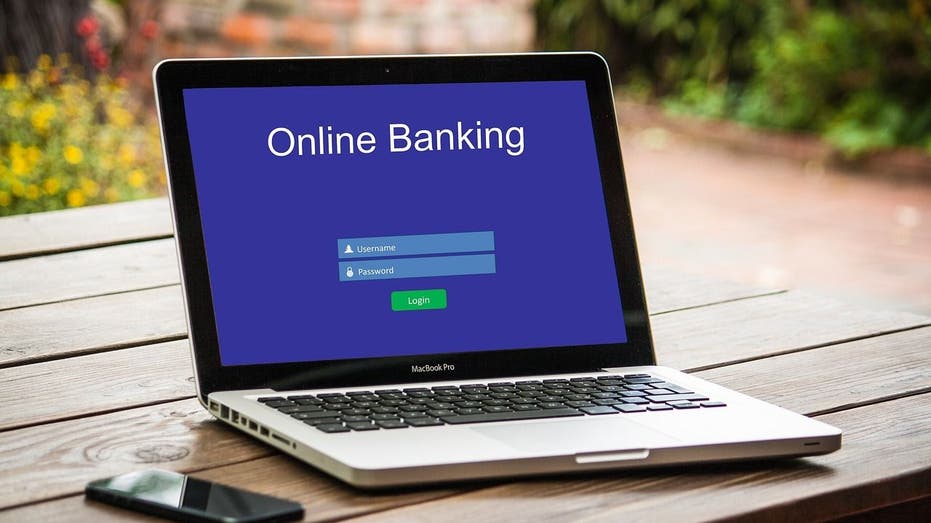The RockYou2024 Password Leak: A Wake-Up Call
In July of last year, the RockYou2024 leak sent shockwaves through the digital world by exposing nearly 10 billion passwords, marking it as the largest password compilation ever released. Though this incident may feel like old news, its repercussions continue to reverberate today. The sheer scale of compromised credentials has amplified the risks associated with credential stuffing, identity theft, and unauthorized access to both personal and professional online accounts.
In an era where reusing passwords is still prevalent, the dangers are not just theoretical; they are increasingly tangible. Therefore, the question looms larger than ever: How secure is your password?
The Importance of Strong Passwords
Weak passwords are akin to leaving the front door to your digital life wide open for hackers. Reports indicate that many commonly used passwords can be cracked in mere seconds. Simple or reused passwords are particularly susceptible to automated attacks, which often lead to a domino effect—if one account is compromised, others are likely to follow.
When a company you use suffers a data breach, and your login credentials are exposed, attackers can exploit that same password across multiple platforms, unlocking far more than just a single account. This is why robust passwords are crucial—they serve as your first line of defense. Strong passwords are typically long, complex, and unique, significantly increasing the difficulty for attackers to guess them.
Visualizing Password Security
To put it simply, a weak password is like using the same key for your house, car, and office while leaving it under the doormat. In contrast, a strong password is akin to having a high-security key for every door in your digital life, ensuring that each entry point is fortified.
Common Password Pitfalls to Avoid
Recent findings have highlighted a range of commonly used passwords that remain dangerously easy to guess. Here are a few examples you should avoid at all costs:
– “123456”
– “password”
– “qwerty”
– “abc123”
– “letmein”
These passwords are not only insecure but also provide attackers with an easy way in.
Assessing Your Password’s Security: The 7-Point Test
Now it’s time to evaluate the strength of your password. Grab a pen or keep a mental note, and let’s score your password using this simple 7-point strength test. Each “yes” earns you a point.
1. **Length Matters**: Is your password at least 12 characters long? Short passwords can be cracked in minutes.
2. **Uppercase and Lowercase**: Does your password mix uppercase and lowercase letters?
3. **Numerical Complexity**: Are there numbers included in your password?
4. **Special Characters**: Does your password contain symbols such as !, @, #, or $?
5. **Unique Usage**: Are you using different passwords for each account?
6. **Avoid Personal Information**: Is your password free of easily discoverable information like your name or birthday?
7. **Regular Updates**: Do you update your password at least every 90 days?
Scoring your answers on this test can help you identify weaknesses in your password strategy.
Strengthening Your Passwords
If your password score didn’t hit the maximum of seven points, don’t worry—you’re not alone. The important thing is that you’ve identified areas for improvement. Here’s how to enhance your password security effectively:
– **Create Longer Passwords**: Aim for at least 12 characters, and use a mix of letters, numbers, and special characters to complicate matters further.
– **Avoid Reusing Passwords**: Each account should have a unique password to mitigate the risk of multiple accounts being compromised.
– **Stay Away from Personal Information**: Avoid using easily obtainable details that hackers could use to guess your password.
– **Regularly Update Passwords**: Consider changing your passwords every few months or immediately after any suspected breach.
Consider Using a Password Manager
While you can create strong passwords on your own, it can be a daunting task to come up with a secure combination for every account. That’s where password managers come into play. These tools not only generate long, complex passwords for you but also store and autofill them, making your life significantly easier.
A reliable password manager can offer features such as password health checks, data breach monitoring, and built-in password generators. This way, you can avoid the hassle of remembering multiple strong passwords while ensuring each one is unique and secure.
The Bottom Line: Prioritize Password Security
As data breaches become increasingly common, it’s clear that password security isn’t a one-time effort; it’s an ongoing responsibility. By focusing on creating strong, unique passwords and using effective tools to manage them, you can drastically reduce your risk and enhance your online safety.
Are you confident that the companies you interact with are doing enough to protect your sensitive information? What additional measures do you think they should implement? We’d love to hear your thoughts—reach out to us at Cyberguy.com/Contact.
For more tech tips and security alerts, consider subscribing to our free CyberGuy Report Newsletter at Cyberguy.com/Newsletter.
Stay safe online, and remember: a strong password is the first step toward protecting your digital life.
